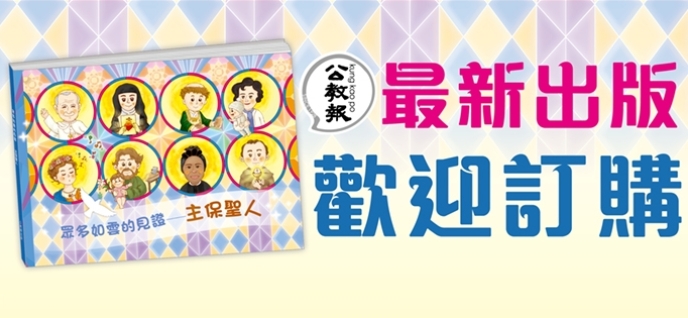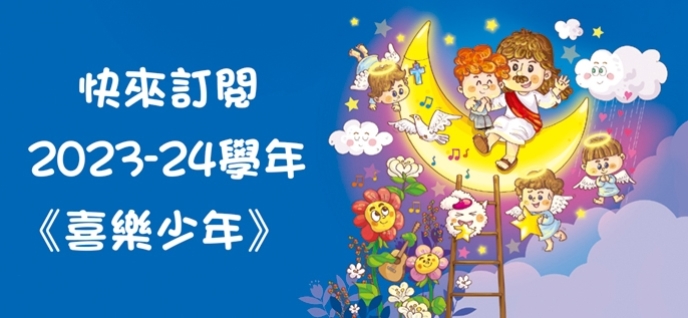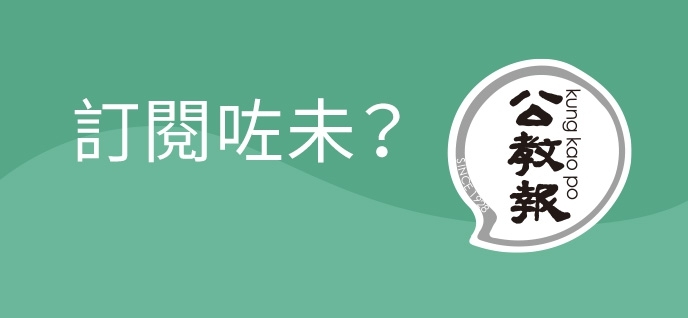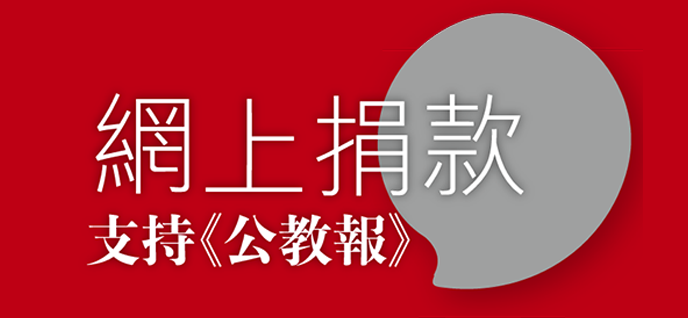
Make someone’s hair stand on end
Tomorrow (31st October) is Halloween (萬聖節), also known as All Saints’ Eve. Traditionally, Halloween was a holy day before All Saints’ Day(諸聖節)on 1st November and All Souls’ Day(追思已亡節)on 2nd November. All Saints’ Day reminds us to stay away from evil and live as saints. All Souls’ Day invites us to pray for the souls of the dead, particularly our relatives and friends.
In recent years, the celebration of Halloween has spread from Western countries to Hong Kong. A lot of shops put up Halloween decorations to attract customers. Which one makes your hair stand on end? Hanging skeletons, black spiders or green paper pumpkin lanterns?
When something “makes your hair stand on end”, it means that something scares you very much. This idiom was created by William
Shakespeare(威廉.莎士比亞), the greatest writer in the English language, in one of his plays, “Hamlet” (《哈姆雷特》;《王子復仇記》).
“… I could tell a tale whose lightest word would … freeze your young blood, make your eyes start from their sockets and your hair stand up on end ….”
「我有一故事相告, 它會令你……血液凝固、雙目暴凸、毛髮直豎……」
Here, Shakespeare used some vivid imagery via the mouth of a ghost. In fact, when we feel very frightened, our skin gets tight and pulls our hair upright. The condition is known as “goose bumps”, “goose pimples” or “goose flesh”. Thus, we can use these phrases interchangeably to describe our fear.
The girl’s scream gave us the goose bumps / goose pimples / goose flesh (雞皮疙瘩).
The girl’s scream made our hair stand on end (毛骨悚然).
Glossary
Evil 邪惡
Skeletons 骷髏
Pumpkin lanterns 南瓜燈籠
Scares 嚇
Plays 戲劇
Vivid imagery 生動的意象
Upright 豎立
Interchangeably 互換







